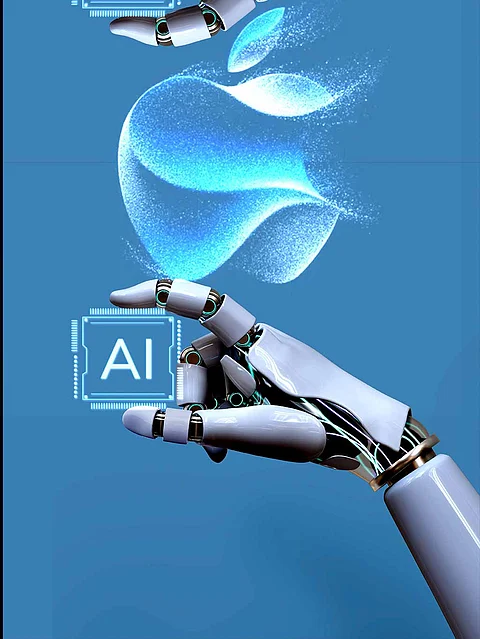

OpenStack, an open-standard platform for cloud computing, has emerged as a valuable tool in managing artificial intelligence (AI) and machine learning (ML) workloads. The platform's modular architecture and open-source nature make it a popular choice in the industry, particularly as the demand for cloud-based AI/ML and Data Science solutions continues to grow. This article explores how OpenStack addresses the unique challenges posed by AI/ML workloads, focusing on its ability to abstract infrastructure, optimize GPU utilization, and enable scalability, automation, and reusability.
AI/ML workloads often require specialized hardware, such as graphical processing units (GPUs), to handle the significant processing power needed for tasks like visual object recognition. However, GPUs are relatively rare, expensive, and power-hungry. OpenStack leverages virtualization to address these challenges by abstracting away physical resources, enabling infrastructure-as-a-service (IaaS) and infrastructure-as-code.
One key aspect of this abstraction is the use of virtual GPUs (vGPUs). OpenStack isolates workloads and divides specialized processors into vGPUs, optimizing GPU utilization and ensuring efficient use of this valuable resource. This approach allows organizations to make the most of their GPU investments, ensuring that they are used to their full potential.
Just as the cloud revolutionized computing by moving beyond specialized hardware, OpenStack enables automation and scalability. It abstracts layers of the stack, allowing seamless management of AI/ML workloads. This means that organizations can easily scale their infrastructure up or down based on workload requirements, ensuring efficient resource utilization.
OpenStack's commitment to scalable, reusable infrastructure positions it as a valuable ally in the AI/ML realm. As organizations grapple with complex workloads, OpenStack provides the foundation for efficient, adaptable, and cost-effective solutions.
With OpenStack, organizations can create reusable infrastructure templates. These templates define compute, storage, and networking resources, making it easier to provision and manage AI/ML workloads. This approach not only saves time and resources but also ensures consistency across different projects and teams.
OpenStack's flexibility extends to hybrid and multi-cloud environments. It seamlessly integrates with public clouds, private clouds, and edge computing, ensuring consistent performance across diverse setups. This means that organizations can leverage the benefits of different cloud environments, depending on their specific needs and requirements.
Mark Collier, COO of the OpenStack Foundation, draws parallels between OpenStack's evolution and the early days of cloud computing. Just as the cloud moved beyond specialized hardware, OpenStack now enables AI workloads by abstracting infrastructure layers.
This evolution is particularly important in the context of AI/ML workloads, which often require significant computational resources and complex infrastructure management. By abstracting infrastructure layers, OpenStack makes it easier for organizations to manage these workloads, ensuring that they can take full advantage of the benefits of cloud computing.
OpenStack's commitment to scalable, reusable infrastructure positions it as a valuable ally in the AI/ML realm. As organizations grapple with complex workloads, OpenStack provides the foundation for efficient, adaptable, and cost-effective solutions. By abstracting infrastructure, optimizing GPU utilization, and enabling scalability, automation, and reusability, OpenStack is well-positioned to help organizations navigate the challenges of AI/ML workloads.
In the ever-evolving landscape of AI and ML, OpenStack's ability to manage workloads efficiently and effectively makes it an essential tool for organizations looking to harness the power of these technologies. By leveraging OpenStack's capabilities, organizations can ensure that they are well-equipped to handle the unique challenges posed by AI/ML workloads, now and in the future.
Join our WhatsApp Channel to get the latest news, exclusives and videos on WhatsApp
_____________
Disclaimer: Analytics Insight does not provide financial advice or guidance on cryptocurrencies and stocks. Also note that the cryptocurrencies mentioned/listed on the website could potentially be risky, i.e. designed to induce you to invest financial resources that may be lost forever and not be recoverable once investments are made. This article is provided for informational purposes and does not constitute investment advice. You are responsible for conducting your own research (DYOR) before making any investments. Read more about the financial risks involved here.
